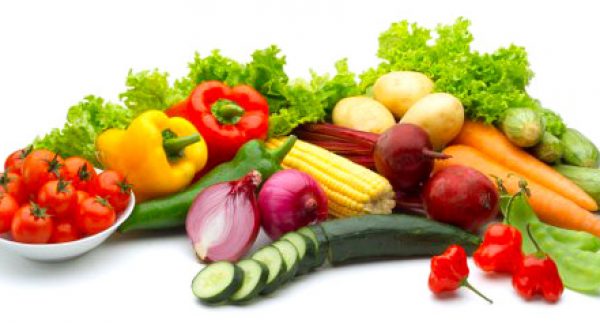Why glycemic load matters to your health
The older we grow, the easier it becomes to pack on more pounds, due to lower metabolism. Here is the good news though: you do not need to go drastic with diets.

This month, we’ll mark World Diabetes Day on 14th November. The World Health Organization (WHO) estimates that the prevalence of diabetes in Kenya is at 3.3% and predicts a rise to 4.5% by 2025. However, two-thirds of diabetics may be undiagnosed.
The blog this month will give tips on how to avoid Diabetes through diet, and how to eat right. But what is Diabetes? According to the WHO, Diabetes is a chronic (long-lasting) health condition that affects how your body turns food into energy. There are two types of Diabetes, Type 1 person diabetes (previously known as insulin-dependent, juvenile, or childhood-onset) is characterized by deficient insulin production and requires daily administration of insulin. Neither the cause of Type 1 diabetes nor the means to prevent it are known. Type 2 diabetes (formerly called non-insulin-dependent, or adult-onset) results from the body’s ineffective use of insulin. The majority of people with diabetes have type 2 diabetes. This type of diabetes is largely the result of excess body weight and physical inactivity.
Most of the food you eat is broken down into sugar (also called glucose) and released into your bloodstream. When your blood sugar goes up, it signals your pancreas to release insulin. Insulin acts like a key to letting the blood sugar into your body’s cells for use as energy. If you have diabetes, your body either doesn’t make enough insulin or can’t use the insulin it makes as well as it should. When there isn’t enough insulin or cells stop responding to insulin, too much blood sugar stays in your bloodstream. Over time, that can cause serious health problems, such as heart disease, vision loss, and kidney disease.
A diet of too much sugar, carbohydrates, and caffeine leads to excessive weight gain, fatigue, and the development of diabetes. So, what can be done to avoid the risk of Diabetes?
First, you can stabilize your blood sugar, by eating and combining the right kinds of foods. A typical Kenyan diet will involve tea, bread, mandazi, or Chapo. These will spike your blood sugar. But if you combine proteins with complex carbs, these will be released slowly into the bloodstream making you feel fuller for a longer time.
Other good combinations are ugali with beans, mandazi with mbaazi, egg on toast, porridge with some fruit, and crushed nuts. Foods like fish that are rich in Omega 3 fats are recommended. These fats have been found to switch off the inflammation, reverse depression, and heart attack. This is because there is a correlation between eating fish and your mood.
To make healthy meals that taste great, use Rinsun Sunflower Oil. It contains Omega 3 & 6, vitamins, and proteins that help to strengthen your body’s immune system. Just like we there are foods that you can eat, there are also foods to avoid or enjoy in moderation. For people with diabetes or a risk of the condition, some examples of carbs to limit are white bread, white pasta, some cereals, and baked foods.
Monitoring your carb intake per meal can help you keep your glucose levels in the desired target range. Other foods to avoid are sugars as they have little or no nutritional value and can cause spikes in blood sugar glucose. These include doughnuts, croissants, and cakes, etc.
So then what carbs should we consume? Foods with whole grains and fiber because they enter the bloodstream slowly as compared to processed carbs. They are less likely to cause blood sugar to spike leading to you feeling fuller for longer. Foods include brown rice, oatmeal, millet. Fruits and vegetables are also recommended. One last thing, wimbi is good for those who have type 1 and 2 to help as replacements to Maize flour.
If you enjoyed reading the article, please let us know in the comment section.

The older we grow, the easier it becomes to pack on more pounds, due to lower metabolism. Here is the good news though: you do not need to go drastic with diets.
Please give us your valuable comment